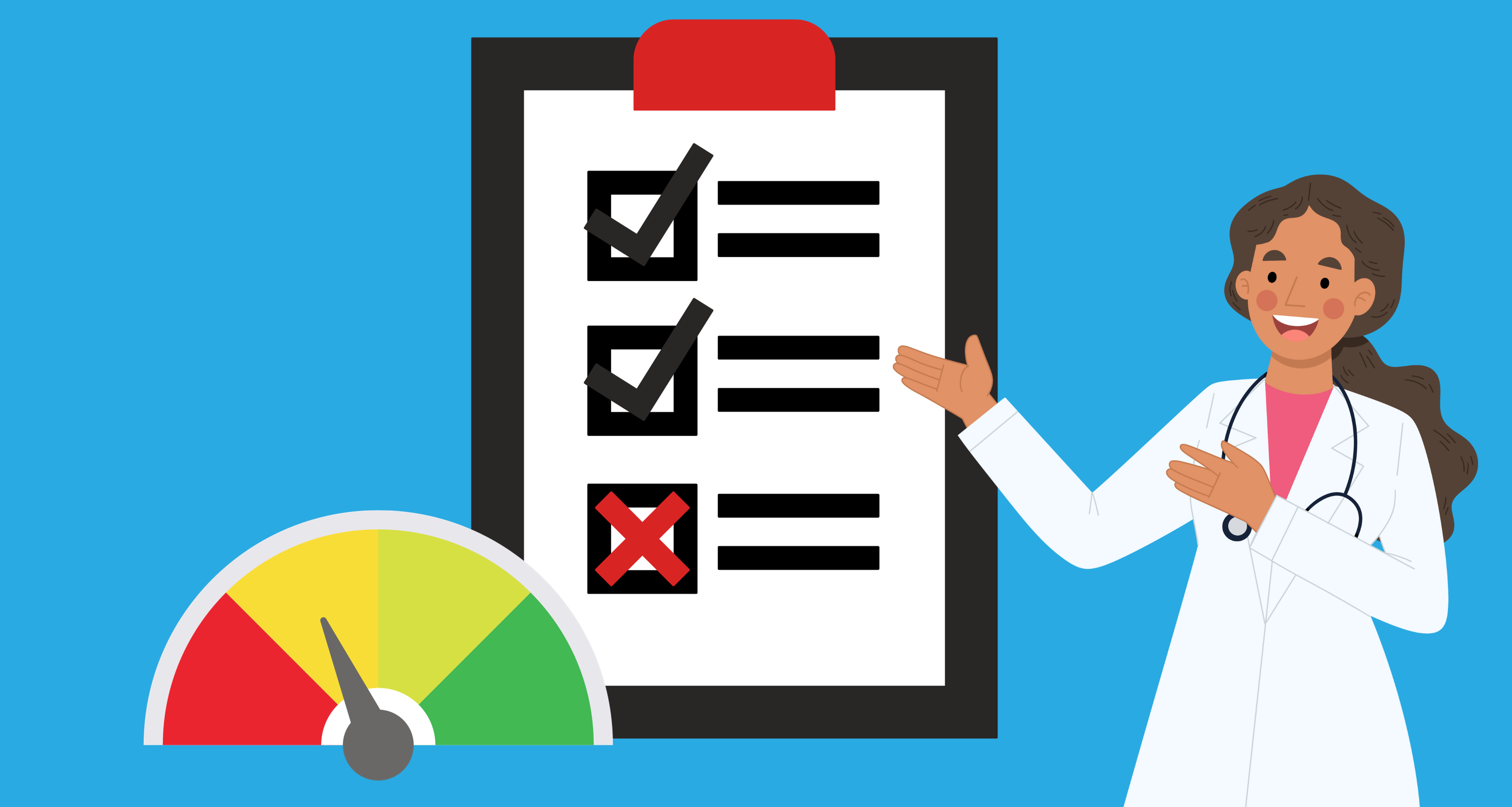
Healthcare, an industry that serves as a guardian of human health and well-being, faces countless challenges daily. The risks involved in providing quality care range from complex medical procedures to rapidly evolving technology.
This is where risk management in healthcare plays a vital role, ensuring the safety and security of patients while enabling healthcare professionals to deliver effective treatment. Let’s explore the healthcare risk management world and its importance, strategies, tools, and benefits.
What is Risk Management in Healthcare?
What exactly is risk management in healthcare? It is a comprehensive approach designed to identify potential risks or hazards that may arise during patient care processes.
These risks can encompass various aspects, such as:
- Medical errors
- Technological failures
- Miscommunications among staff members or even natural disasters
By proactively identifying these potential risks, healthcare organizations can implement preventive measures to mitigate their impact and minimize patient harm.
The Importance of Risk Management
In any field, the importance of risk management cannot be overstated. However, it takes on an even greater significance in healthcare due to the vulnerabilities associated with human lives. Let us explore some key reasons risk management holds immense value within the healthcare industry.
1. Enhancing Patient Safety
The primary objective of risk management in healthcare is to safeguard patients from harm. By adopting proactive measures and implementing robust protocols, hospitals and clinics can significantly reduce adverse events and ensure patient safety remains at the forefront of every decision made.
2. Reducing Medical Errors
Medical errors occur far too frequently and can have disastrous consequences for patients. Risk management strategies help identify potential areas prone to error and establish safeguards to prevent them from occurring. This not only protects patients but also improves overall healthcare outcomes.
3. Financial Stability
When risks go unmanaged, they often lead to costly lawsuits or malpractice claims against healthcare providers. Risk management plans can help reduce these financial burdens by minimizing adverse events and potential legal liabilities.
Risk Management Strategies in Healthcare
Organizations employ various strategies to effectively manage risks within a healthcare setting that focus on prevention, mitigation, and response. Let’s take a closer look at some commonly used risk management strategies in healthcare.
1. Education & Training
Ensuring that healthcare professionals are well-informed and up-to-date with the latest best practices is crucial. Continuous education and training programs equip staff members to identify risks, respond appropriately, and make informed decisions in high-pressure situations.
2. Incident Reporting Systems
Establishing robust incident reporting systems encourages staff members to promptly report near-misses or actual incidents. This enables organizations to investigate root causes, identify trends, and implement preventive measures to avoid similar occurrences in the future.
3. Clinical Practice Guidelines
Evidence-based clinical practice guidelines provide a framework for standardizing care processes across healthcare facilities. By following established protocols, healthcare providers can minimize variations in treatment plans and reduce the likelihood of errors.
Risk Management Tools in Healthcare
In addition to strategies, several tools assist healthcare organizations in effectively managing risks. These tools aid in identifying potential hazards, analyzing their impact, and devising appropriate controls. Here are some essential risk management tools utilized within the healthcare industry.
1. Failure Mode and Effects Analysis
FMEA is a systematic approach that allows healthcare professionals to examine potential failures within a process or system and assess their consequences. It helps prioritize risks based on severity, frequency of occurrence, and detectability.
2. Root Cause Analysis
RCA is a problem-solving technique used to determine the underlying cause(s) of an adverse event or error. By understanding the root cause(s), healthcare organizations can develop targeted interventions to prevent similar incidents from occurring again.
3. Security Risk Assessment
An SRA helps healthcare organizations identify risks and vulnerabilities to protected health information (PHI). They can then use these findings to ensure that they have adequate safeguards in place to protect the sensitive information.
Benefits of Risk Management in Healthcare
Implementing effective risk management practices provides numerous benefits for both patients and healthcare providers. Let’s explore some of these advantages.
1. Improved Patient Outcomes
By actively managing risks, healthcare organizations can enhance patient safety and reduce adverse events, improving patient outcomes.
2. Enhanced Reputation
Patients, regulators, and stakeholders see organizations that prioritize risk management as reliable and trustworthy. This helps build a positive reputation within the healthcare industry.
3. Increased Efficiency
Risk management practices streamline processes, minimize errors, and optimize resource allocation. As a result, healthcare providers can operate more efficiently while delivering high-quality care.
Compliancy Group Helps with Risk Management Strategies in Healthcare
Compliancy Group is a leading compliance solution provider that assists healthcare organizations in effectively managing risks. Our comprehensive platform offers various tools and resources to ensure complete adherence to industry regulations, such as HIPAA (Health Insurance Portability and Accountability Act). Through our proprietary software, Compliancy Group helps businesses assess potential risks, create robust risk management strategies, and implement necessary safeguards to mitigate vulnerabilities.
Moreover, we provide ongoing support and guidance, assisting organizations in maintaining compliance long-term. With Compliancy Group’s expertise, healthcare organizations can confidently navigate complex regulatory landscapes while minimizing the risk of data breaches or non-compliance penalties.








